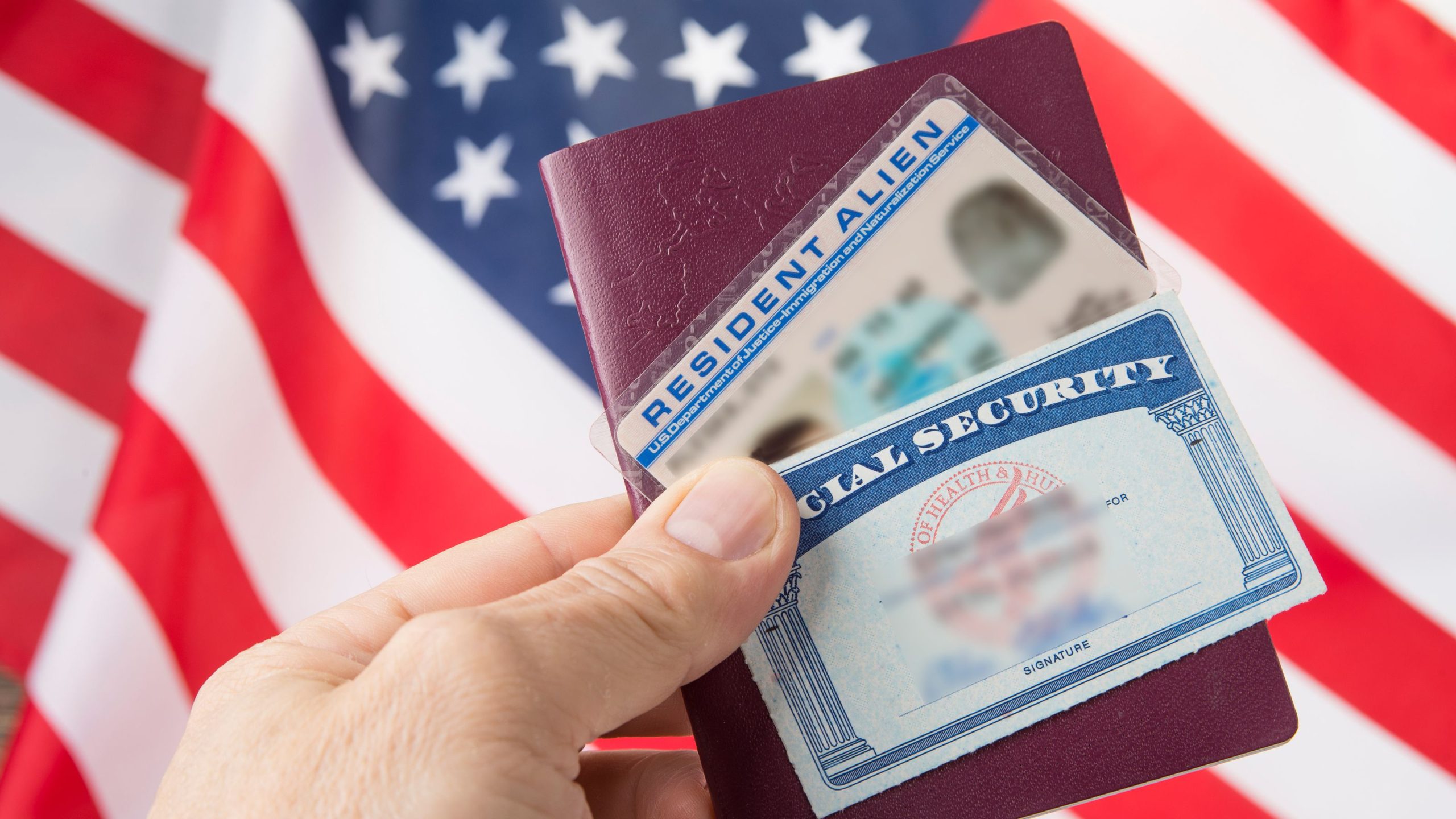
Green Card
A Green Card holder (permanent resident) is a fortunate individual who has been granted authorization to live and work in the United States on a permanent basis. As proof of that status, a person is granted a permanent resident card, commonly called a “Green Card.” You can become a permanent resident in several different ways. The majority of individuals are sponsored by a family member or employer in the United States, though other individuals may become permanent residents through refugee status or other humanitarian programs. Green cards are in high demand and there may be multiple reasons for a green card application (for lawful permanent residence) to be denied by the U.S. immigration authorities (most likely either U.S. Citizenship and Immigration Services (USCIS) or the U.S. consulate abroad).
Failure to Meet Application Requirements
The failure to meet application requirements is one of the most common. A typical application requires the submission of numerous forms, fees, and documents in the course of this process. Failing to read the instructions carefully and provide what is requested can result in denial. The requirements may vary depending on whether you are utilizing a consul for processing or adjusting status in the United States. For example, you will probably need to provide originals or copies, depending on whether your green card case was filed in the U.S. or abroad, of your birth record, marriage certificate, divorce decree (if applicable), valid visa status in the U.S., and so forth. Current world events have lead to heightened scrutiny of green card applications. If it is determined that you are seeking admission into the U.S. in order to violate U.S. security laws, such as engage in terrorist efforts or have former involvement in any group adverse to U.S. foreign policy. it can lead to a denial of your green card.
Submission of Medical Exam Report
Part of green card requirements include the submission of a medical exam report for admission as a lawful permanent resident. These must be performed by a government-approved doctor. Some results can lead to a denial of your green card if you are determined to have a communicable disease dangerous to the public, you fail to provide documentation of having had the required vaccinations and refuse to or cannot have them done before your green card can be approved. Since the demand for green cards is always greater than the number of cards available, applicants should consider a variety of ways that immigrants can obtain a Green Card (permanent residence) and come to live and work permanently in the United States.
